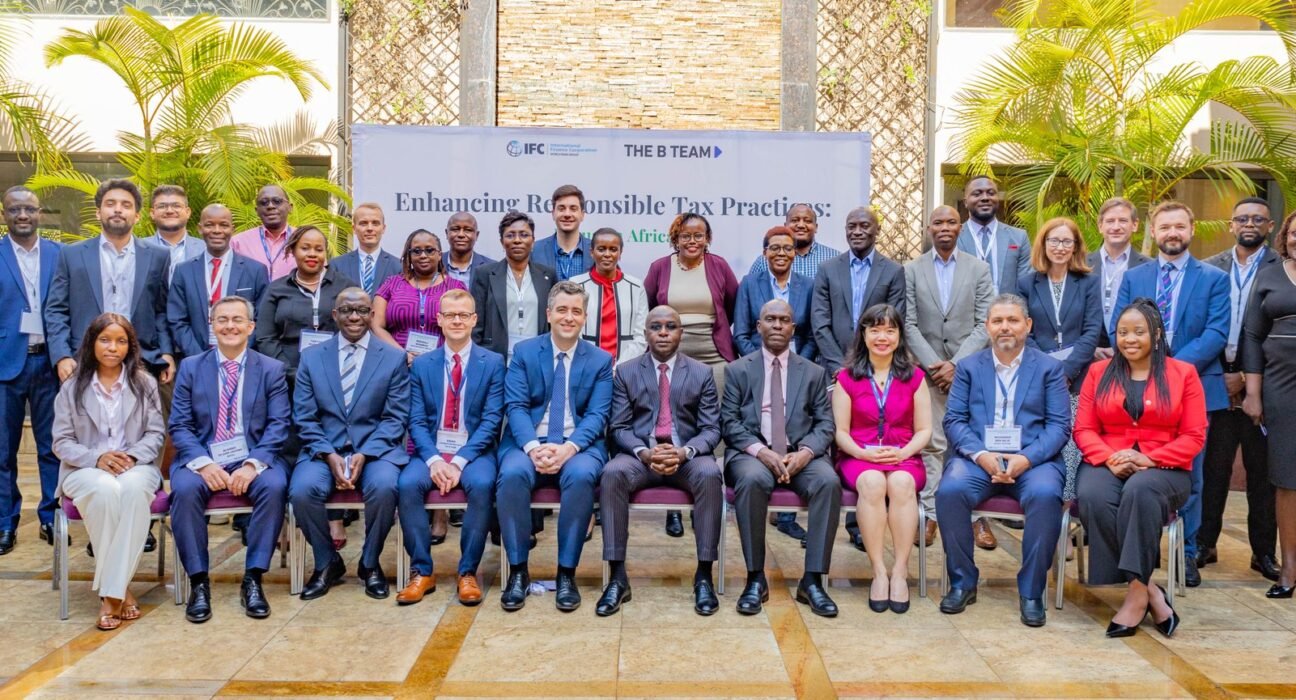The Kenya Revenue Authority (KRA) has issued a formal notice mandating all betting and gaming operators to clear outstanding tax liabilities before applying for license renewals for the 2025/2026 fiscal year. The directive, announced in collaboration with the Betting Control and Licensing Board (BCLB), aims to tighten compliance in a sector that has historically faced challenges with tax evasion and underreporting.
Pre-Condition for License Renewal
According to the KRA’s notice, all operators—including bookmakers, lotteries, casinos, and prize competitions—must submit Tax Compliance Certificates (TCCs) along with their license renewal applications.
The TCC serves as proof that the business has settled all outstanding obligations, including withholding tax on winnings, corporate tax, and the 15% excise duty on betting stakes mandated under Kenya’s Finance Act.
Failure to comply with these requirements will result in automatic disqualification from license renewal, effectively barring defaulters from legally operating within the country’s jurisdiction.
A Bid to Strengthen Tax Collection in a Booming Sector
The move comes against a backdrop of exponential growth in Kenya’s betting industry, which generated over KES 200 billion ($1.53 billion) in wagers in 2023 alone, according to the BCLB. Despite its size, the sector has been flagged repeatedly for non-compliance with tax regulations, leading to lost revenue for the state.
The government has set ambitious targets to increase collections from the gaming industry to support public finances strained by external debt and budget deficits.
Impact on Operators and Market Dynamics
Analysts predict that smaller operators with thin margins or inconsistent reporting practices may exit the market under the stricter regime, consolidating the sector around more robust players. Industry groups have welcomed the directive as a step toward creating a level playing field.
Operators have until June 30, 2025, to comply before the next licensing cycle commences.

